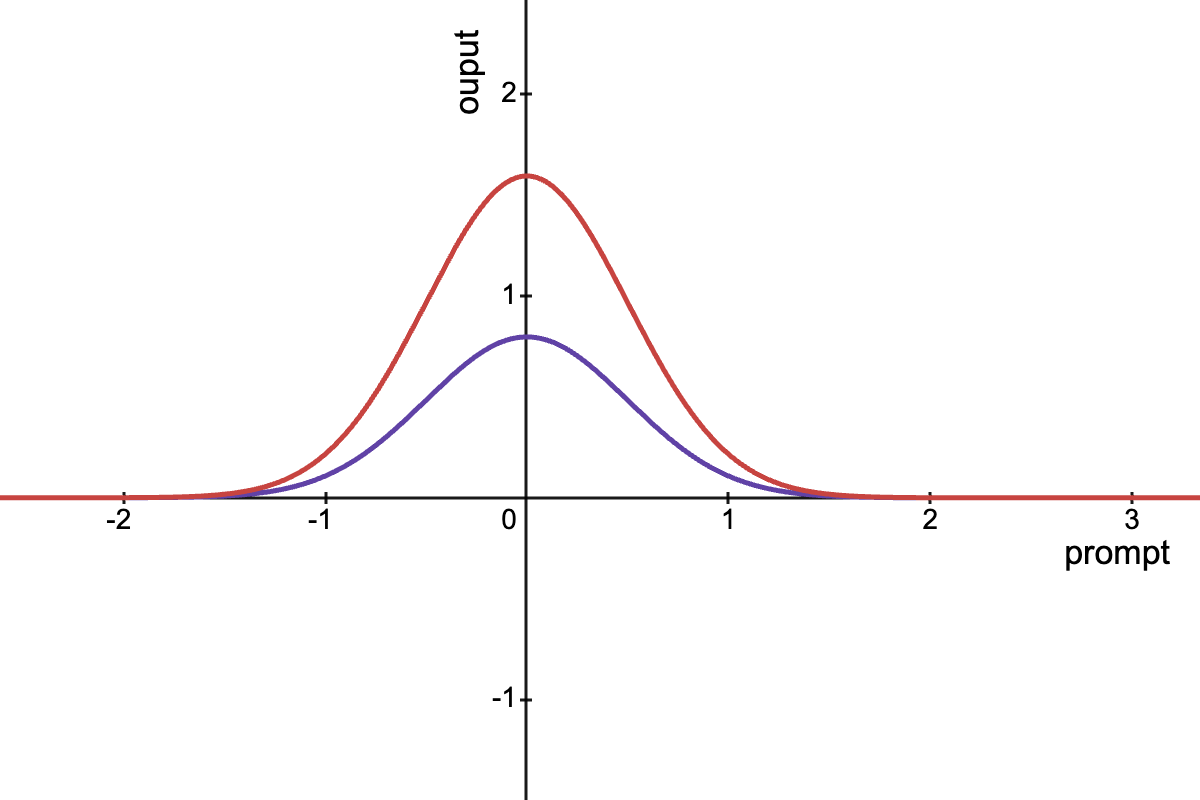Since ChatGPT was released at the end of 2022, prompts have become the way we communicate with AI, and the emerging profession of prompt engineering has gained popularity. However, as we enter 2025, few people seem to mention prompt engineering anymore, and some have even declared that prompt engineering is dead. But is this really the case? Rather than saying prompts are dead, it's more accurate to say that prompt writing skills have become an essential skill for every AI user, especially in work scenarios.
Why Are Prompts Important?
We can understand the importance of prompts from two perspectives: scientific explanation and practical application.
Scientific Explanation
Current large language models are based on natural language auto-regression, which means predicting the next word (actually called a token) based on previous words. When you input a prompt, the model estimates the next word, then inputs the estimated word together with the previous words back into the model, continuing to estimate the next word until it generates the text you want.
If you're familiar with probability theory, we can simplify this process as a simple probability model: p(output|prompt). Taking the normal distribution as an example, prompt determines the shape of the probability distribution, thereby affecting the distribution of output. A good prompt will make the distribution of output more concentrated, thus generating results that better meet expectations.

As shown in the figure above, the red curve represents the probability distribution corresponding to a good prompt, while the blue curve represents the probability distribution corresponding to a bad prompt. The red curve is more concentrated, while the blue curve is more dispersed.
Practical Application
Taking a practical scenario of using AI as an example, suppose we ask AI to write an article about dogs. If we only give a simple prompt:
Write a story about dogs
The result we get is probably not what we want, because this prompt is too broad. AI doesn't know where to start writing and can only write some random content. If we give a specific prompt:
You are a science fiction writer. Please write a 300-word story with a bionic robot dog as the protagonist, who develops self-awareness in a cyberpunk city.
We're likely to get good results because we've specified the story type, word count, protagonist, etc., so AI knows how to write it.
What Makes a Good Prompt
After several years of development, there's a general consensus on what makes a good prompt, mainly including the following aspects:
- Prompts should be clear, direct, and specific: The example in the previous section is a good illustration
- Assign a role to AI: For example, "You are a science fiction writer," "You are a product manager," etc.
- Sufficient context: Provide detailed background about the task, why this task needs to be done, who the audience is, etc.
- Show examples: If needed, add some examples to help AI understand the task
- Output format: Clearly specify the output format
The above points are the basic requirements for a good prompt, but they're not everything. Good prompts also need to be adjusted based on specific tasks and models. If you want to learn more about prompt techniques, Claude's Prompt Engineering Guide is an excellent learning resource.
What Can Promtist Help You With
Prompt Generator
For simple tasks, such as finding information, prompts are generally short, and current AI applications like ChatGPT, Claude, Gemini, etc., can already handle them well, so you may not need Promtist's help.
Promtist mainly targets complex tasks, such as writing reports. These tasks typically require writing very long prompts, which is troublesome to write from scratch. Promtist provides a prompt generator that can quickly help you generate a first draft of a prompt.
Prompt Optimizer
Prompts for complex tasks usually require multiple iterations to achieve satisfactory results. Promtist provides a prompt optimizer that allows you to directly run prompts to get outputs from multiple models, and provides modification suggestions based on the output results, thereby obtaining better prompts. This feature is still under development and will be available soon.
Prompt Manager
A prompt for a specific work task is a valuable asset that may be used repeatedly. Promtist provides prompt management features, supporting version control, tag management, sharing, and other functions, ensuring your prompts are never lost.
Thanks for Using Promtist
Helping users better use AI is the mission of Promtist. We hope you like the prompt generator, prompt optimizer, and prompt manager features of Promtist. If you have any questions or suggestions, please feel free to contact us.
